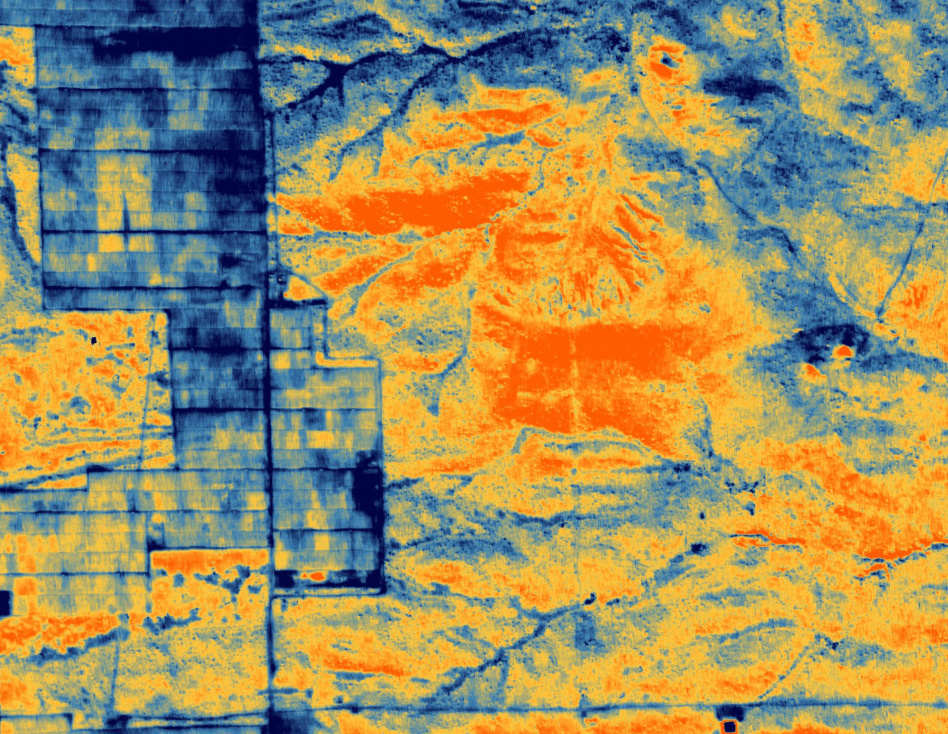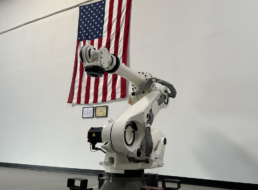London-based SatVu is preparing to launch two temperature-taking satellites next year after losing its pathfinder mission in December.
SatVu 101: The startup’s satellites map surface temperatures on Earth with an unprecedented resolution of less than 10 meters, allowing researchers to visualize how city infrastructure affects heat distribution and where warmth escapes from buildings. By comparison, other orbiting thermal observers offer resolutions of a hundred meters or more.
In October, SatVu released the first images from HotSat-1, including short movies showing trains traveling on a main US rail line. The success, however, was short lived, ending two months later when the spacecraft’s cutting-edge infrared camera suffered a mission-ending anomaly.
Don’t call it a comeback: SatVu has already secured new funding that will enable it to launch two new satellites as early as 2025. HotSat-2 and Hot-Sat3 will form the backbone of a planned constellation of nine satellites that will measure Earth’s temperature amid progressing climate change.
The company didn’t disclose the amount raised, but said that the new funding will mostly be used to build HotSat-3. SatVu previously raised £30.5M ($37.1M) in venture capital funding, which covered the construction of HotSat-1 and HotSat-2—the latter of which had already been in the works prior to HotSat-1’s demise.
What’s next: The funding will also help develop a new AI-driven analytics system to make insights based on the constellation’s data easily accessible to customers.




